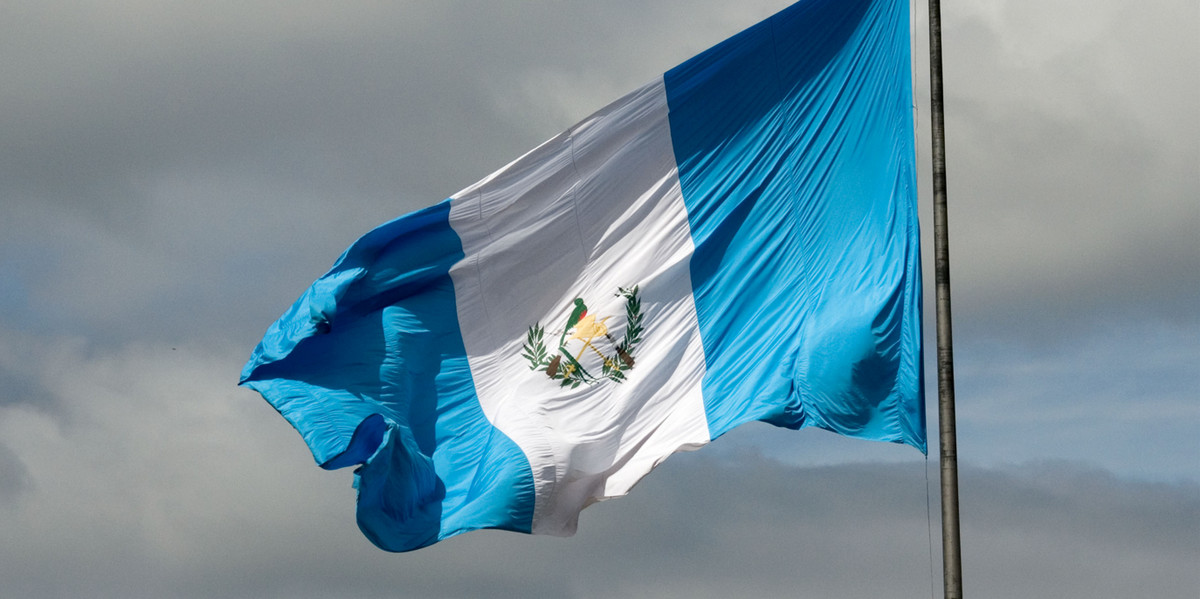CIDSE member organisations stand in solidarity with the people of Guatemala who are peacefully protesting these days to demand that the results of the presidential elections held on 20 August 2023 be respected.
The victory of Bernardo Arévalo, the presidential candidate of the Movimiento Semilla party, who was considered an outsider before the elections, is due in particular to his successful campaign against corruption and for the restoration of the rule of law, a high turnout and the broad support of the majority of the young population, who have high hopes for the future government.
Since the forced opening of the ballot boxes, and in disrespect of the national laws that regulate electoral acts on 12 September 2023, instigated by the Special Prosecutor’s Office against Impunity (FECI) under the responsibility of Rafael Curruchiche, civil society has exercised its right to peaceful resistance, setting up blockades since 2 October in a progressive manner, reaching more than 143 blockades throughout Guatemala. The movement began among the indigenous population of the 48 cantons and Sololá (an indigenous self-governing structure), with the participation of all four major ethnic groups: Maya, Xinca, Garífuna and Ladino. The solidarity among the population is inspiring, and the peaceful protest is encouraging more and more people to join in. There is widespread support within civil society for defending the results of the elections, the will of the people and democracy.
The Citizens’ Registry suspended the legal status of the Movimiento Semilla political party on 28 August 2023, in response to an order issued by Judge Fredy Orellana (sanctioned by the US State Department for “undermining the justice system”). Despite this, the party remains active and is pursuing a legal strategy to reinstate the legal status of the Movimiento Semilla.
On 1 October 2023, the High Commissioner for Human Rights issued a statement calling on all Guatemalan authorities to refrain from any further attempts to question the will of the plebiscite. On 10 October, the Episcopal Conference of Guatemala commented the political situation, calling on the population to respect the results of the election and to respect the right to peaceful protest.
Despite calls from civil society to extend the electoral process to ensure the transition to the new government, the Supreme Electoral Tribunal issued Decree 5-2023 on 31 October 2023, officialising the election results. On 3 November, the UN Special Rapporteur on Human Rights, Volker Türk, expressed his support for President-elect Bernardo Arévalo and discussed human rights, the rule of law in Guatemala and future cooperation with the United Nations in the country.
We call on the European Union, its Member States and Switzerland to:
- follow closely political developments in the coming months and plan official visits by their foreign ministries to Guatemala to support the outcome of the elections.
- ensure that the right to peaceful protest is respected by the Guatemalan state.
Additional information:
https://www.ohchr.org/en/press-releases/2023/10/guatemala-sustained-attempts-undermine-democratic-process-extremely-worrying
Cover photo: Guatemalan flag by Gus Mac Leoud, Creative Commons

